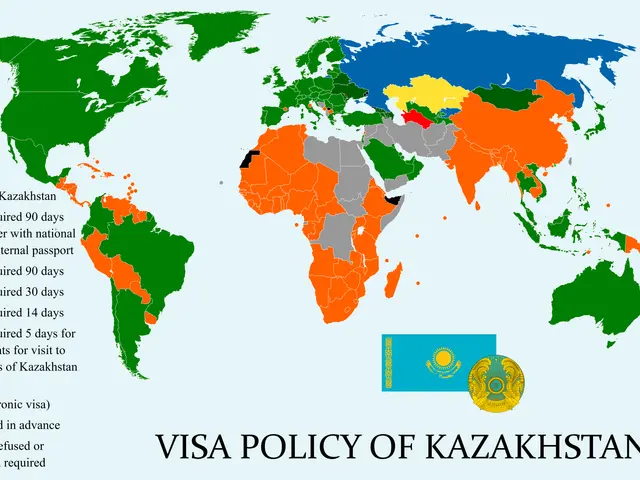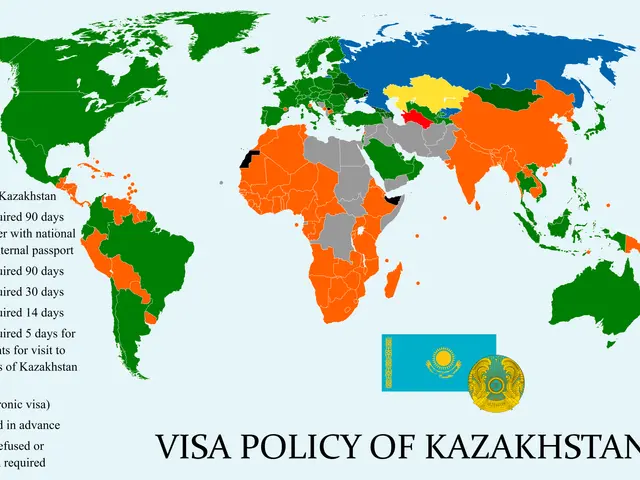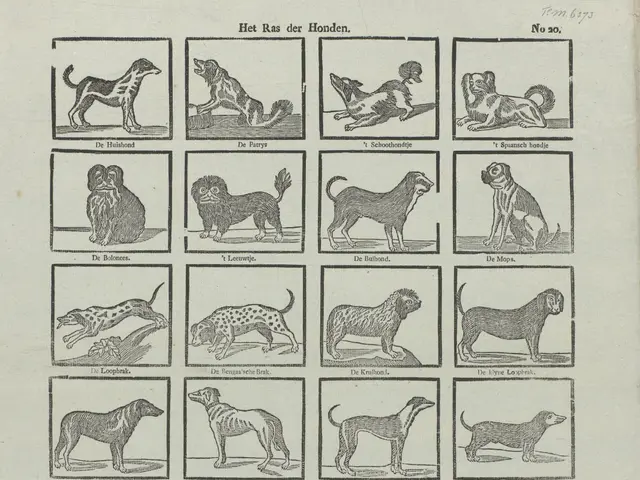Study conducted by the Centre for Chronic Disease Control (CCDC) reveals that two-drug combination therapies are successful in enhancing blood pressure control among Indians.
In a groundbreaking study, the Centre for Chronic Disease Control (CCDC) New Delhi, AIIMS New Delhi, and Imperial College London have found that three two-drug combination therapies are equally effective and safe in lowering blood pressure in South Asians with uncontrolled hypertension.
The TOPSPIN study, involving 1,981 patients across 32 hospitals in India, aimed to address a significant public health crisis. Hypertension affects over one billion adults worldwide, including over 300 million living in India.
The study, which was published in the prestigious journal Nature Medicine, examined three two-drug combination therapies: Amlodipine plus Perindopril, Amlodipine plus Indapamide, and Perindopril plus Indapamide.
The findings showed that all three combinations were equally effective in lowering both ambulatory and office blood pressure. After six months, blood pressure dropped significantly by around 14/8 mmHg when measured over 24 hours and about 30/14 mmHg in clinic settings.
Prof. Ambuj Roy, Professor of Cardiology at AIIMS Delhi, noted that nearly 70% of patients reached the recommended blood pressure target below 140/90 mmHg, a rate around five times higher than India's current average control rate.
The study's secondary outcomes, such as daytime and nighttime blood pressure control and tolerability, were similar across the three regimens. Moreover, the pills were well-tolerated, with less than 3% of patients reporting side effects serious enough to stop treatment.
Prof. Dorairaj Prabhakaran, the Executive Director of CCDC and a lead author, emphasized the study's implications. He suggested that a single daily pill with two drugs could be a simple and powerful method for managing blood pressure in Indian and South Asian patients.
The TOPSPIN study is particularly significant because it is the first randomized trial investigating first-line two-drug single-pill combinations specifically in South Asians. Previous trials often excluded this population, leaving a key knowledge gap.
Prof. Neil Poulter, a Professor at Imperial College London, highlighted the importance of studying how medicines work in different populations. He pointed out that earlier research in Africa showed different results, underscoring the need for understanding how medicines work in various populations.
These findings could potentially improve treatment not only in India but also for South Asians living around the world. Prof. Prabhakaran suggested that if added to India's list of essential medicines, these pills could greatly improve blood pressure control in the country.
Innovative solutions are needed to curb the growing tide of high blood pressure, which is the single highest risk factor for global deaths. The TOPSPIN study gives strong evidence on what works best in South Asians, offering a promising step towards addressing this global crisis.








